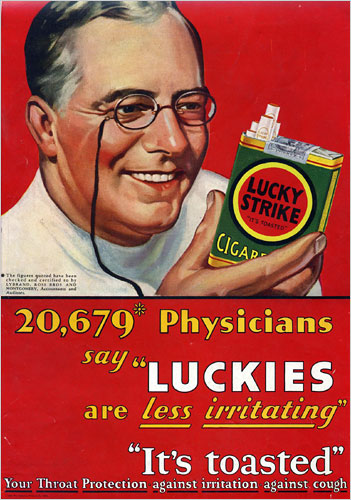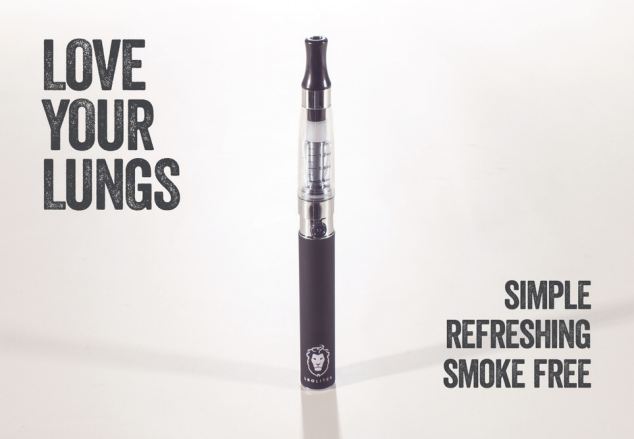 Last week the Committee of Advertising Practice (CAP) announced relaxed regulations for advertising e-cigarettes through television broadcasting.
Last week the Committee of Advertising Practice (CAP) announced relaxed regulations for advertising e-cigarettes through television broadcasting.
From November 2014, e-cig brand owners (these tend to be the big tobacco manufacturers) will be able to use TV advertising having previously been banned from doing so.
The introduction of the new rules has largely been welcomed with many finding previous rules unclear and inconsistent.
Ant-tobacco charity Ash declared it was satisfied with this move as such products are deemed to be nicotine replacement therapy (NRT) but the science on whether such strategies actually lead to a significant decrease in the number of smokers is still unclear. Ash did say it was disappointed that celebrity endorsement and the offering of free samples had eluded tighter regulation.
Perhaps Ash needs to see through the smoke screen of what really is happening here?
The change will mean that broadcasting regulations mirror the less restrictive rules on advertising e-cigarettes across all other media platforms.
However, TV ads can’t appeal to children and young adults with bans on the usage of anyone under the age of 25 years-old enjoying such a product or indeed playing a significant role during an advert, and on any association of e-cigarettes with current youth culture.
But surely this sends a mixed signal? Young people think in very different ways to adults. If it;s OK to advertise such a product on TV, then it must be OK, right?
In my view, this is a dangerous and slippery slope. Even if the rules stop advertisers encouraging non-smokers or non-nicotine users to buy their product, you can’t tell me that advertising of such products won’t have any influence on this group?
The fact that the advertising industry understands the power of TV advertising as being an effective medium of brand marketing negates such an argument.
In August this year the ASA took action against the following LeoLites advert:
TV adverts for products that either claim health benefits or imply that this is the case, as in the LeoLites case, and aren’t licensed as medicine for NRT use will be banned. But in my view such restrictions can be easily circumnavigated.
My guess is that the EU will be forced to introduce tougher regulation over the advertising, sales and marketing of such products as research shows a propensity to experiment with such products, particularly among impressionable young people.















Recent Comments